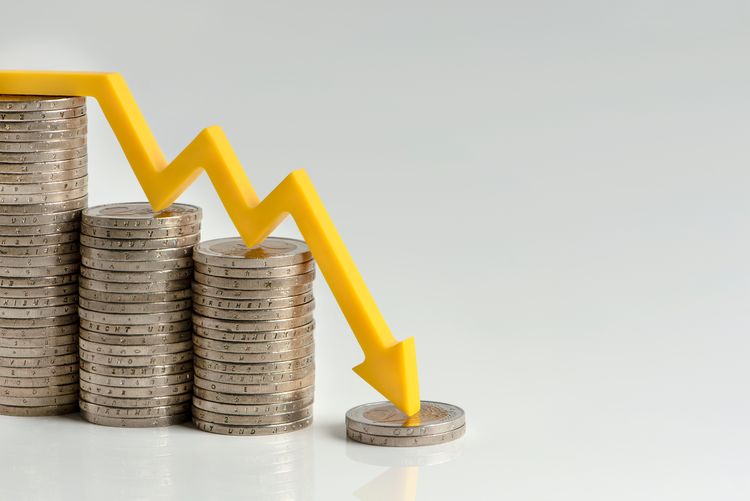A Global Recession Might Not Be Enough To Stop Inflation
Recession. Inflation. Economic downturn. Rising prices.
We’ve all heard the terms–over and over again–in today’s news, as well as in economic forecasts that attempt to predict what we can expect down the road. But look closely, and you’ll find there is some good news out there. But on the flip side, there are just as many lingering concerns.

Taking A World View
Maybe, just maybe, there’s some light at the end of the tunnel. Since October, European shares have risen. Chinese shares have jumped. And in November, Nasdaq rose by 7%.
But taking a closer look reveals that the worldwide economic system has actually worsened in recent weeks. The financial system is slowing down and could be heading into a recession as central banks raise interest rates in an effort to curb surging costs. As we head into winter, there’s little proof that inflation has been tamped down.
The incessant talk of inflation and recession has instilled a palpable fear in consumers the world over. In June, Google searches for “recession” were dominant. Higher borrowing prices are clearly evident. In many international locations, home buying is falling as buyers defer taking on costly mortgages. Housebuilders are canceling projects. And corporations are looking to rein in spending.

A Probable Economic Downturn
The signs are there: A global economic downturn could be imminent–or already in place. Households are sitting on trillions of dollars in excess savings that they collected in 2020-21 from stimulus checks and various forms of financial assistance. Goldman Sachs suggests that enormous private-sector saving surpluses could enable individuals to better weather a recession without the need for excessive belt-tightening.
The economic road forward, however, depends heavily on inflation. Central banks are touting the benefits of a recession that could limit rising inflation. But the impact of tighter financial control and the possibility that it could limit inflation is not a guarantee.

Is A Recession The Key To Curbing Inflation?
In reality, inflation is not as easily controlled by a recession as some would have you believe. So far, global initiatives to curb inflation by inducing a recession present no proof of waning inflation. Figures provided collectively by Morning Consult, Cleveland Fed, and Raphael Schoenle of Brandeis University gauge the general public’s inflation expectations in numerous international locations. According to the survey, the general public believes that costs will rise by 5% over the previous year; the expectations of corporations are similar. A survey conducted by Cleveland Fed and based on analysis by economists Olivier Coibion, Bernardo Candia, and Yuriy Gorodnichenko indicates that American corporations believe inflation could rise to 7% above last year’s rate.
In sum, despite the introduction of tactics designed to curb inflation by spurring a recession, inflation continues to be a major concern around the globe. In difficult economic times, financial experts along with consumers, government officials, and economists look for solutions that could help limit the effects of inflation. So far, recessionary strategies have proved only minimally effective. Inflation continues to rear its ugly head, leading to consumer hesitancy, finger-pointing, and calls for a one-size-fits-all solution. The reality, however, is that inflation is not so easily or quickly quelled and that the only path forward is one of patience.
